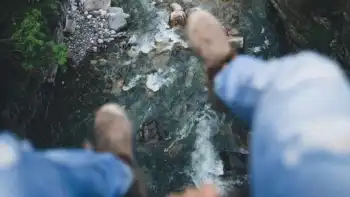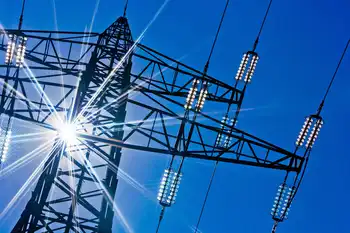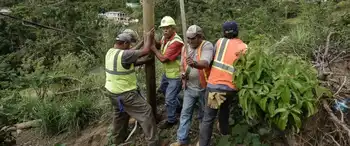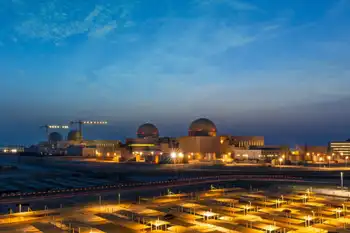Iran hands nuke data to UN
VIENNA, AUSTRIA - A top Iranian official handed information on his country's nuclear program to the International Atomic Energy Agency recently in a last-minute move to temper the critical tone of a report to the UN Security Council.
Diplomats, who spoke to Associated Press on condition of anonymity because they are not authorized to discuss confidential details of the IAEA's Iran probe, said they had no details of what Iran's deputy nuclear chief, Mohammad Saeedi, had brought to the table.
Still, they characterized the meeting between Saeedi and Olli Heinonen, the IAEA's deputy director general in charge of Iran's nuclear file, as unlikely to blunt the report's main finding: that Tehran has ignored council requests to suspend uranium enrichment.
Deep differences over Iran persisted within the council on the eve of its receiving the report, with Russia and China blocking U.S.-led attempts to demand rather than request that Iran comply.
Russian President Vladimir Putin insisted the UN nuclear watchdog should continue to play a central role in the dispute. "It mustn't shrug this role from its shoulders and pass it on to the UN Security Council," he said.
But a French diplomat laid out a starkly contrasting position reflecting U.S. and British views: The Security Council should not only have primacy in dealing with Iran but also start considering how to up the pressure.
France wants any UN resolution on Iran's nuclear program to come under a provision allowing for sanctions or possibly military force, said the diplomat. But such a resolution would not automatically mean resorting to military action, he said. "We are not yet at that stage."
The Security Council adopted a statement a month ago giving Iran until today to suspend all activities linked to enrichment because it can be used to make highly enriched uranium used in the core of nuclear warheads.
Instead of complying, Iran, which says it seeks the technology only to generate electric power, has upped the ante in recent weeks, announcing it had for the first time successfully enriched uranium and was doing research on advanced centrifuges that would allow it to produce more material in less time.
Gholamreza Aghazadeh, Saeedi's superior and head of Iran's nuclear program, met with IAEA head Mohamed ElBaradei and Heinonen. But a diplomat accredited to the agency said Aghazadeh "made no new overtures" regarding suspending enrichment.
They said ElBaradei's report would also likely be critical of Iran for defying a council request to provide information meant to address suspicions that it might be seeking to make nuclear weapons.
Other diplomats and European officials said the United States, the chief backer of tough measures meant to gain Iranian concessions on its nuclear program, had already asked for an informal Security Council meeting to discuss the report and how to respond to it.
U.S. Secretary of State Condoleezza Rice suggested Washington expected a negative assessment of Iran's compliance. She said the credibility of the Security Council was at stake.
"The Security Council is the primary and most important institution for the maintenance of peace and stability and security, and it cannot have its will and its word simply ignored by a member state," she told NATO foreign ministers meeting in Bulgaria.
Iran offered no hints of conciliation on the eve of the report, with hard-line president Mahmoud Ahmadinejad vowing "no one" could make his country give up nuclear technology.
Related News

More people are climbing dangerous hydro dams and towers in search of 'social media glory,' utility says
VANCOUVER - More and more daredevils are climbing onto dangerous dams and power stations to gain likes and social media followers, according to a new report from BC Hydro.
The power provider says it's seen a 200 per cent uptick in trespassing into restricted areas over the past five years, with many of the incidents posted onto sites like YouTube, Facebook and Instagram.
"It's concerning for us because our infrastructure has risk with it," said David Conway, a community relations manager for BC Hydro.
"There's a risk of electrocution in regards to our transmission towers and our substations ... and people can be…




